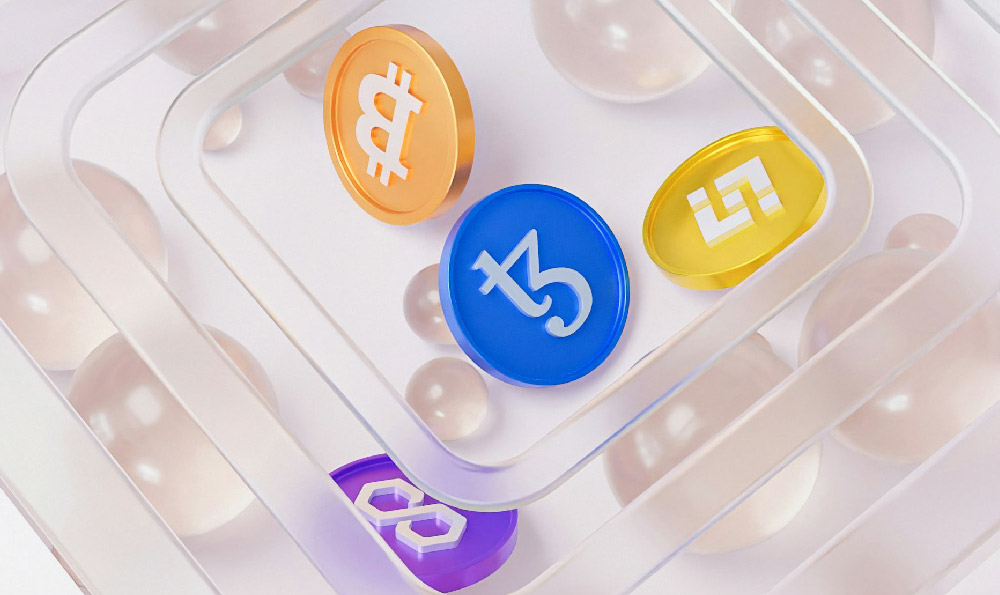Okay, I'm ready. Here's an article about the Squid Game winner's earnings and prize, designed to be informative and engaging, avoiding point-by-point structures and using a more narrative and analytical approach:
Beyond the Money: Dissecting the Squid Game Prize and Its Real Value
The global phenomenon that was Squid Game captivated audiences with its brutal depiction of desperation, inequality, and the lengths people will go to for a chance at a better life. At the heart of the series lay a colossal prize: 45.6 billion won, a sum that seemed to promise liberation and security to the last person standing in the deadly games. But the question of what the Squid Game winner actually earned, and the true worth of that prize, is far more complex than just converting won to dollars.
On the surface, 45.6 billion won (approximately $38 million USD at the time of the show's release) represents a life-altering fortune. For someone like Seong Gi-hun, the protagonist, burdened by debt, gambling addiction, and profound guilt, the money theoretically offers an escape from poverty, a chance to provide for his daughter, and an opportunity to rewrite his future. It represents freedom from the crushing weight of his past.

However, the show itself subtly undermines this simple narrative. The initial euphoria of winning quickly fades, replaced by a gnawing sense of unease and trauma. Gi-hun is paralyzed by survivor's guilt, haunted by the faces of those he outlived. He becomes incapable of enjoying his newfound wealth, barely touching the money and living a life of quiet misery. This is a crucial point: the psychological toll of winning the Squid Game effectively diminishes the prize's true value. It highlights the idea that some burdens are simply too heavy to be lifted by money alone.
Furthermore, the very source of the money taints it. The prize is not earned through honest labor or ingenuity, but through a series of violent, exploitative games that pit the vulnerable against each other for the amusement of the wealthy elite. This ethical dilemma further complicates the winner's situation. The money is irrevocably linked to the deaths of hundreds of people, making it difficult to view as a clean slate or a source of genuine happiness. It’s blood money, in the truest sense of the word.
Beyond the ethical and psychological implications, there are also practical considerations. While $38 million is a considerable sum, managing such wealth responsibly requires financial literacy and sound decision-making. Someone like Gi-hun, with a history of poor choices and a lack of financial acumen, could easily squander the money through reckless spending, bad investments, or manipulation by unscrupulous individuals. The show alludes to this vulnerability, suggesting that the winner's life could potentially become even more chaotic and miserable than before.
Moreover, the scrutiny that comes with winning such a large sum of money could be overwhelming. Gi-hun would inevitably attract unwanted attention from the media, the public, and even potential predators. Maintaining privacy and security would become a constant challenge, further eroding the potential benefits of the prize. He could become a target for extortion, kidnapping, or even violence. The freedom that the money promised would be replaced by a new form of confinement: the constant fear of losing it.
In the context of South Korea, a society with a strong emphasis on social harmony and conformity, Gi-hun's sudden wealth would also likely create social challenges. He would become an outsider, separated from his former community by a vast economic chasm. Building genuine relationships based on trust and mutual respect would become more difficult, as people would inevitably be aware of his wealth. This social isolation could further exacerbate his feelings of guilt and alienation.
Ultimately, Squid Game suggests that the true value of the prize lies not in its monetary amount, but in what the winner chooses to do with it. Gi-hun's eventual decision to use some of the money to help the families of the deceased players, and to confront the organization behind the games, represents a conscious effort to redeem himself and to imbue the money with a higher purpose. He transforms the tainted prize into a tool for justice and compassion, reclaiming a sense of agency and moral integrity.
Therefore, while the initial reaction to the Squid Game prize is one of awe and envy, a closer examination reveals a far more nuanced and troubling reality. The money offers a potential escape from poverty, but it also carries a heavy burden of ethical, psychological, and practical challenges. The true value of the prize ultimately depends on the winner's ability to overcome these challenges and to use the money in a way that honors the lives that were lost. It's a testament to the idea that true wealth lies not in possessions, but in purpose and redemption. The prize itself is just a starting point; the real game is what comes after.











